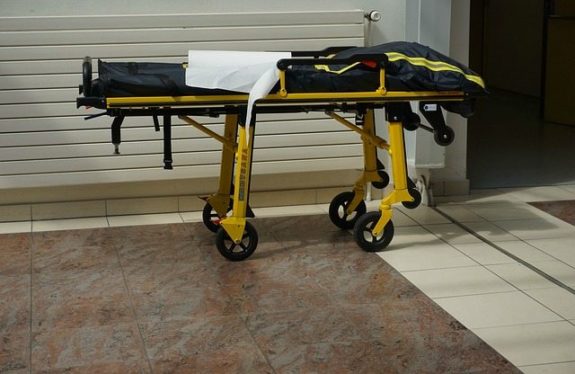
April 2, 2017; Mother Jones
Overt or implicit, the deeply entrenched biases in our culture have deadly consequences. Headlines too often draw our attention to individual acts of hatred against a black child, a gay man, or a bible study group. Perhaps less attention-grabbing are the effects of bias on our healthcare systems, effects that determine the quality and length of life for millions.
One glaring example of how our systems distribute medical care quite differently to various groups of Americans is illustrated by data collected by the federal Centers for Disease Control regarding HIV risk. They found that “African Americans are by far the most affected racial or ethnic group with a lifetime HIV risk of 1 in 20 for men (compared to 1 in 132 for whites) and 1 in 48 for women (compared to 1 in 880 for whites).”
Samantha Michaels, writing for Mother Jones, recently examined the story behind these numbers. She found that if you are black and gay, you are six times more likely to have an undiagnosed HIV infection than your white counterparts and will be receiving medical care much less frequently. Because of this differential, “their condition is more likely to deteriorate and they’re more likely to pass on the virus to other black men they date.”
This is not due to gay black men acting less responsibly than their white counterparts. In fact, they are significantly more responsible; they use condoms more frequently and have fewer sexual partners than white gay men. Yet their HIV infection rates do not reflect their better choices.
Sign up for our free newsletters
Subscribe to NPQ's newsletters to have our top stories delivered directly to your inbox.
By signing up, you agree to our privacy policy and terms of use, and to receive messages from NPQ and our partners.
The culprit seems to be a medical establishment that responds to them differently because of their race. Michaels found ample evidence, including a study at the University of Virginia that “found bias may be to blame, noting that many medical students and residents hold false beliefs about physical differences between blacks and whites—thinking, for instance, that black people literally have thicker skin.”
This snapshot of differential HIV care can be replicated with other patient populations. Tené T. Lewis, an associate professor of epidemiology at Emory University Rollins School of Public Health, told U.S. News and World Report, “If you are African American or Latino and you present to the emergency room with a broken leg or a kidney stone…you’re less likely to be given analgesics at the recommended level.” Similar patterns are found across the spectrum of medical practice.
We may not wish to believe the realities of how deeply bias affects the lives of so many Americans. It is easier to see bias as the problem of just a few disturbed individuals, rather than a societal flaw. Dr. Lewis described that set of blinders.
People think, well, it must be something else; people think, well, the world has changed, this isn’t 1956 Mississippi or 1961 Alabama. I think everyone has this general feeling that, sure, there are racists out there, but they’re not in the medical care profession, and they’re not intelligent, enlightened human beings. And what we find is people are biased. Period.
This isn’t a challenge of finding a needle in the haystack and removing it. First, we must accept that much work remains if we wish all people to be treated equally. We need to stop seeing everything through a micro-scale, individual lens and recognize that bigotry is endemic and systemic.—Martin Levine











